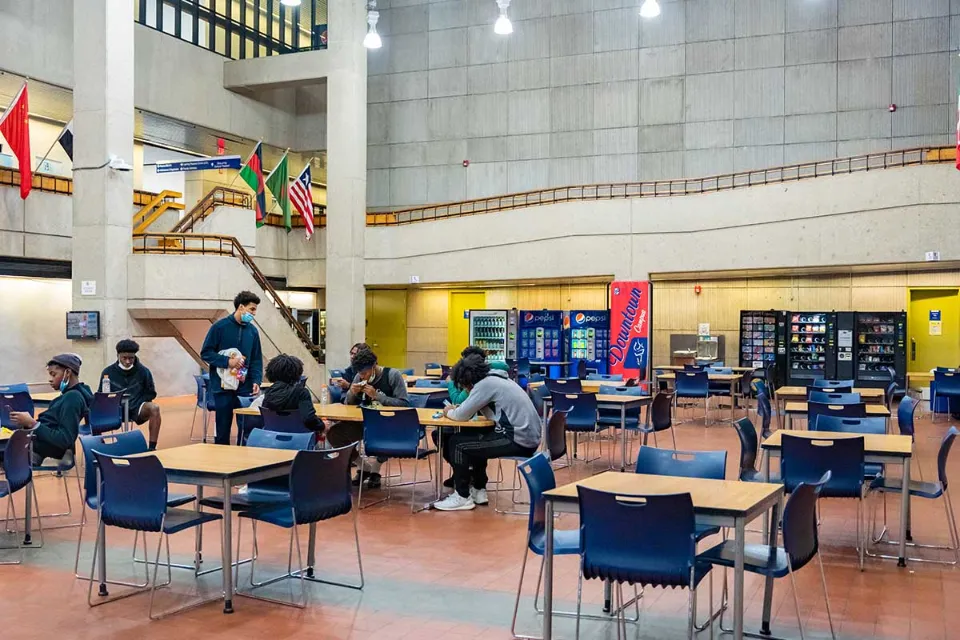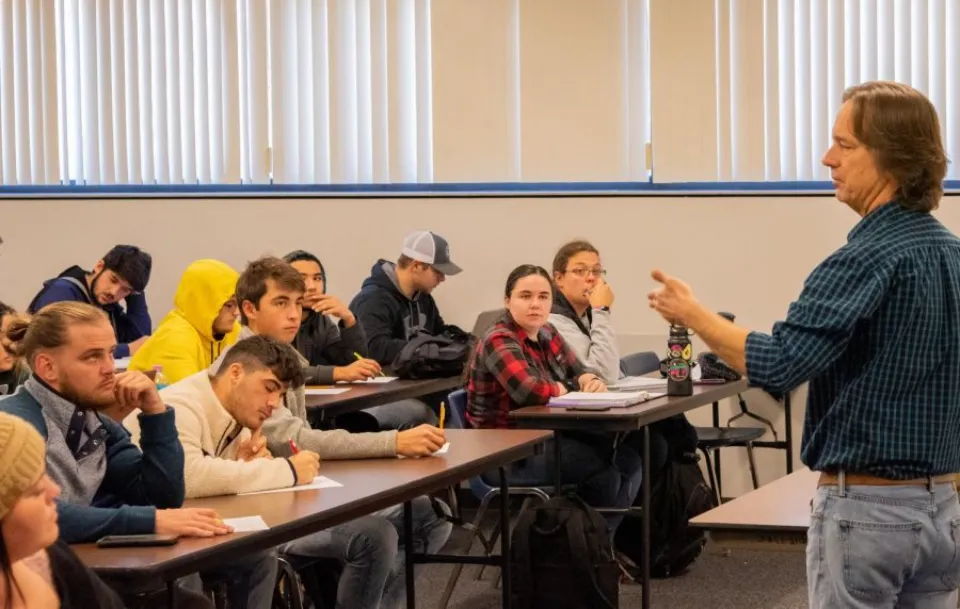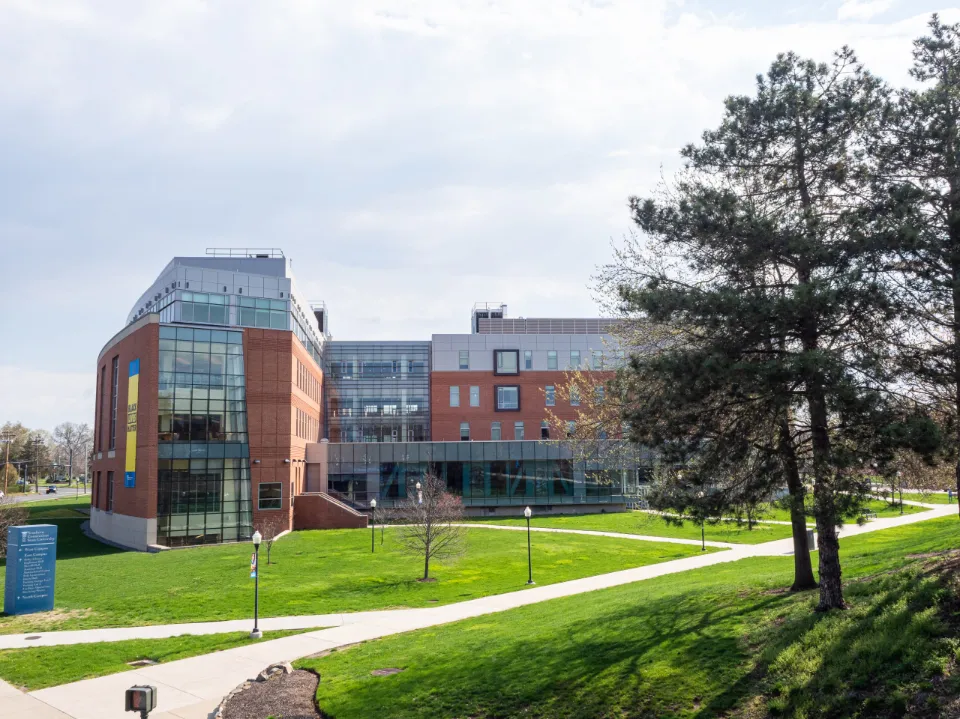
Why Does Community College Have a Bad Reputation?
Your opinion on whether or not community college is a good idea for you will depend on what you think after reading this blog.
Choosing a college is a huge decision – one that will affect your career options for the rest of your life. Choosing a college is not only a major life decision, but it can also be very difficult because there are so many options available.
Your options are almost endless between state colleges, private colleges, and community colleges, but community colleges are frequently not even considered by students. Is the bad reputation community colleges have earned well-deserved? Why do they get such a bad rap?
Why Does Community College Have a Bad Reputation?
Community colleges are a great idea for millions of students because they give students the flexibility they need to succeed while offering better job opportunities at a low cost.
According to your personal goals and preferences, community college may be a good or bad idea for you.
To learn why, continue reading below.
Why Community College is Not a Bad Idea?
First, let’s examine the benefits of community college.
You Want a Quicker Route to Jobs

Community college programs can offer you a fast track to getting hired for in-demand jobs. This may be the best course of action for you to take if you have a particular trade in mind.
Take your desire to work as an auto mechanic as an example. To be qualified for employment in a matter of months, you can find a fast track to becoming an auto mechanic and then dial in for a while.
Or perhaps you want to work in IT. You might become a certified IT professional and be qualified for jobs paying $50,000 per year at first.
If you felt like you had a passion for the IT field and wanted to pursue it further, you could then look to add on a certificate or even a degree in the space. Compared to a traditional university degree, both of those paths could be completed much more quickly.
The key is that, in contrast to what universities typically cannot provide in the short term, your educational path at a community college is directly aligned with employment opportunities.
You Need More Flexibility
Furthermore, community colleges are renowned for their excellent flexibility. They typically provide a wide variety of course options, allowing you to choose between traditional daytime classes and even evening classes.
There are also mini-masters available that you can take in the fall, spring, winter, or even during the summer. You complete the task in weeks as opposed to months. There are frequently college programs that offer daycare at a reduced cost if your child needs it.
Additionally, finding high-quality online courses to take in order to earn a certification or degree is typically not a problem if you are not quite ready to travel to campus to attend your classes in person.

It’s also frequently simpler to take courses from two colleges at once because community colleges don’t require as much time and effort as universities do.
So if your current college does not offer the course you are looking for, you can go shopping around for nearby community colleges and you might be able to find a course that complements your current coursework.
You Want to Limit Your Cost
According to the Sallie Mae survey of 2021, “How America Pays for College,” nearly 80% of students or their parents eliminated a college for admissions based on cost. Cost is, therefore, undoubtedly a key consideration when choosing a university. You’ll discover that community colleges are significantly less expensive than universities.
Additionally, you might be able to find colleges that offer free community college, depending on the state in which you reside. For those who are unsure of their academic or career goals, this is especially encouraging news. Due to your lower cost, the risk is significantly reduced.
Sometimes you may only want to take a single class at a community college just to get a “taste” of what the experience will be like.
Additionally, community college students are more likely to finish their programs in a variety of time frames. The typical length of time it takes to earn a degree at a university is four years, though five years are frequently acceptable.
But when it comes to community college, it’s much more common for students to finish programs on their own time so you don’t feel the same pressure to fit your goals within a certain type of pre-determined box.
Who’s to Blame for the Bad Reputation?

Thus far, I’ve said that it’s all the students’ fault. They certainly contribute to the negative perception that exists of community colleges, but they are not solely to blame. They simply lack the knowledge necessary to maximize their two-year experience.
They would be able to take advantage of all the opportunities available to them if they had someone to tell them what to do or a step-by-step community college guide. They would be much more likely to stay focused on the benefits of community college by sticking to a plan than by lamenting the drawbacks.
Therefore, they are not entirely to blame. They require a guide to assist them on their journey or support from family and friends.
Community colleges ultimately suffer from a lack of knowledge on the part of the public. Community colleges give students a fresh start, discounted quality education, and the chance to transfer to a university. It is our responsibility to point out that they are completely deserving of a bad reputation.
The Benefits of Community College
It would be beneficial for you to understand some of the justifications for why someone might select a community college over a state or private institution before diving into the reasons why community colleges frequently get a bad rap. You will find a list of benefits associated with community colleges below:
- Lower Tuition Costs – Reduced tuition costs are the main advantage of community college over a state or private institution. For four years of education, community colleges may charge the same amount (or less) as a private college, which may charge $30,000 or more for a single year. At a community college, not only are the tuition fees less expensive but so are the additional fees.
- Off-Campus Housing – Housing expenses are a significant expense for both public and private colleges. You may even be able to live at home if you decide to enroll in a community college because there is no cost for on-campus housing.
- Focused Faculty – Professors are expected to devote a significant amount of their time to their own research projects and publications at a private or public college or university. This might reduce the time they would otherwise devote to giving each student individualized attention. The faculty at a community college is solely concerned with instruction.
- Smaller Class Sizes – A state college or university may have hundreds of students enrolled in a single class, depending on the institution. Class sizes at community colleges typically range from 25 to 35 students, which is much smaller. More individualized attention and a more conducive environment for question-asking result from a smaller class size.
- Transferable Credits – Since degrees from state or private colleges are so expensive, many students opt to take their foundational coursework at community colleges and transfer their credits when they are ready to finish their degrees. Both time and money may be saved by doing this.
- Flexible Scheduling – Many community college students hold full- or part-time jobs in addition to attending classes, so they need to be able to fit their class schedules around those jobs. Community colleges offer both daytime and nighttime classes as well as online classes – this is not always the case with private and state colleges.
Conclusion: Why Does Community College Have a Bad Reputation?
Community colleges may still be despised because people are prone to be skeptical of things they do not understand. Without even realizing it, you might be spreading some of the myths discussed above unless you have attended a community college or know someone who has.
It is completely untrue to say that community colleges are bad. Especially after the pandemic, community colleges have a lot to offer in terms of finding meaningful employment.


